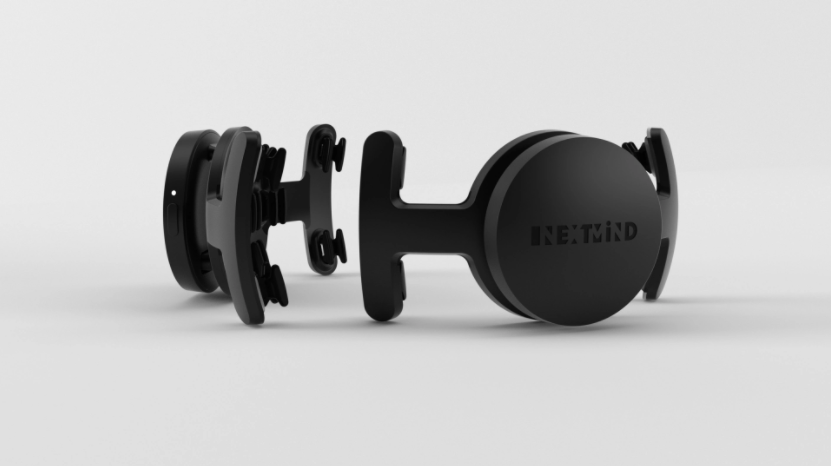Snap Buys Parisian Brain Computer Interface Startup NextMind
Last week, Snap acquired the Parisian-based brain-computer interface startup NextMind for an undisclosed amount.
NextMind builds a controller that leverages brain signals and uses these to move images on a PC interface. During the CES, the startup announced a $399 dev kit which started shipping in the Q2 of 2020. The hardware has had some rave reviews.

NextMind’s acquisition by Snap is geared at driving long-term augmented reality research efforts in Snap Lab. In a company blog post, Snap says that its Spectacles smart glasses are an evolving and iterative research and development project and Spectacles latest generation has been built to provide support for developers that are exploring “the technical bounds of augmented reality.”
NextMind is integrating into Snap Lab which is Snap’s hardware research arm. The acquisition also means the NextMind dev kit will no longer be standalone. Aspects of the NextMind technology will most probably be integrated into future Snap products including the company’s Augmented Reality plays such as Spectacles and Camera.
NextMind was founded in 2017 by a team consisting of hardware engineers and neuroscientists. The startup’s tech makes use of a wearable headband that has a built-in electroencephalogram for detecting and reading the neural activity in the cortex.
When a wearer views an image on the device’s display, the headset is capable of determining they want to move it. The interface is mind-controlled and this lends itself easily to augmented reality uses where users need to wear and use socially inconspicuous device to interact with the content overlays. For the past decade, many XR head-mounted displays have had a controller problem and a brain-computer interface can go a long way in resolving the social acceptability issue in XR devices.
Snap says the NextMind technology is capable of monitoring the neural activity in order to determine as user’s intent whenever they are interacting with a computer interface. The mind-control functionality allows a user to literally “push” a virtual button merely by focusing on it. Snap says that the technology does not necessarily ‘read’ your thoughts or send signals towards the brain.
In mid-2018, NextMind raised $4.6 million in a seed round. Following the acquisition by Snap, NextMind will continue working out of its Paris office where it has 20, mostly technical employees who will now transition to Snap Labs. The team will also be focusing on longer-term research and development. Snap acquired WaveOptics, a company that manufactures components for augmented reality headsets, last May. Snap’s fourth-generation Spectacles smart glasses were also previewed in the same month.
https://virtualrealitytimes.com/2022/03/27/snap-buys-parisian-brain-computer-interface-startup-nextmind/https://virtualrealitytimes.com/wp-content/uploads/2022/03/NextMind-600x336.pnghttps://virtualrealitytimes.com/wp-content/uploads/2022/03/NextMind-150x90.pngAcquistionsBusinessLast week, Snap acquired the Parisian-based brain-computer interface startup NextMind for an undisclosed amount. NextMind builds a controller that leverages brain signals and uses these to move images on a PC interface. During the CES, the startup announced a $399 dev kit which started shipping in the Q2 of 2020....Sam OchanjiSam Ochanji[email protected]EditorVirtual Reality Times - Metaverse & VR
